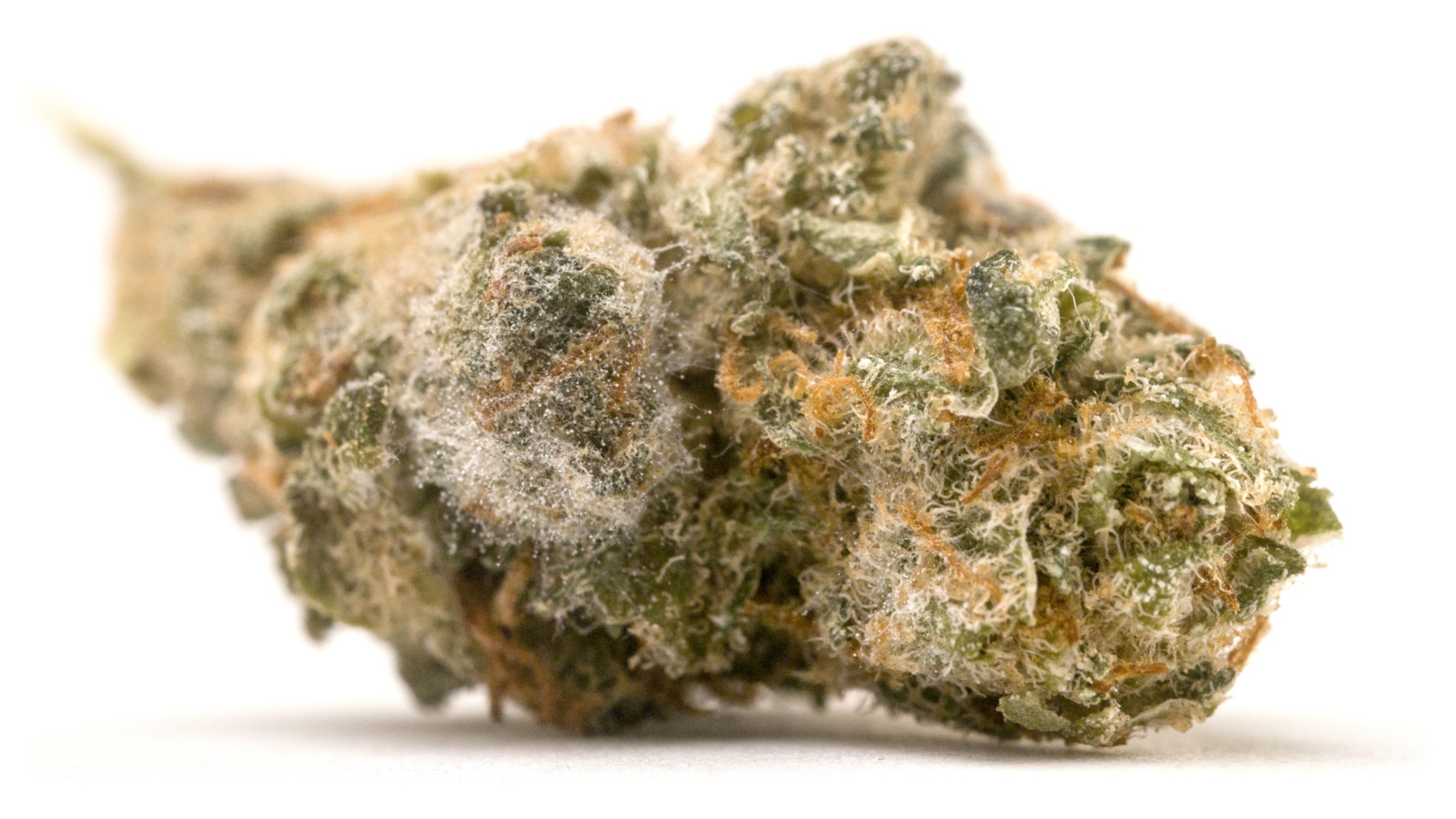Understanding the Complexities of the Cannabis Industry

본문

The rise of the accelerating cannabis industry has sparked heated debates and discussions regarding its safety and consumer protection. With the increasing demand for cannabis products, accurate assay and authentication have become crucial aspects in ensuring public welfare and consumer confidence. In this article, we will delve into the legal framework for cannabis quality assurance and labeling, highlighting the key provisions and regulations governing the industry.
In the United States of America, the 2018 United States' Agricultural Bill legalized the cultivation and processing of hemp-derived products and non-psychoactive cannabis. However, the bill also laid out a framework for the regulation and monitoring of hemp-derived products, including cannabis evaluation and certification. The bill empowered the USDA (United States Department of Agriculture) to establish regulations for the cultivation, processing, and commerce of hemp and hemp-derived products.
Under the USDA regulations, cannabis testing laboratories must comply with Good Laboratory Practice (GLP) standards, which ensure the credibility and trustworthiness of test results. These regulations dictate the procedures, protocols, and documentation for testing for laboratories. Furthermore, the regulations require laboratories to be accredited by a recognized third-party accrediting agency.
The US FDA (Food and Drug Administration) also plays a critical role in regulating and overseeing cannabis testing and labeling. The FDA governs the safety, efficacy, and quality of cannabis-derived products, including dietary supplements, food additives, and cosmetics. The FDA requires manufacturers to submit pre-market notifications and provide clear and compelling proof to support their product claims.
find weed in paris terms of labeling, cannabis products must comply with the Federal Fair Packaging and Labeling Act (FPLA). The FPLA requires manufacturers to provide accurate and detailed information about product ingredients, chemical and biological compounds. Cannabis products must also be labeled with the name of the product, the net quantity of contents, and the place of business of the manufacturer.
The European Union has also implemented regulations for cannabis testing and labeling. The EU has established a comprehensive legal and administrative rules that governs the production, processing, and trade of cannabis products. The EU's labeling regulations are more stringent than those in the US. Requiring manufacturers to provide detailed information about product ingredients, nutritional content, and potential allergens.
The EU's Medical Cannabis Directive sets out clear guidelines for the marketing of medicinal cannabis. These products must be labeled with the name of the product, the active ingredients, and product instructions and patient safety warnings. The directive also requires manufacturers to provide a substantial product information for users.
In conclusion, the legal framework for cannabis testing and labeling is complex and multifaceted. Regulatory agencies in the US and EU have implemented regulations to ensure regulatory stability and international trade. Manufacturers must adhere to regulatory requirements for product quality and reporting. As the cannabis industry continues to evolve, it is essential to adjust regulatory policies and procedures to accommodate changing market conditions.

댓글목록0
댓글 포인트 안내